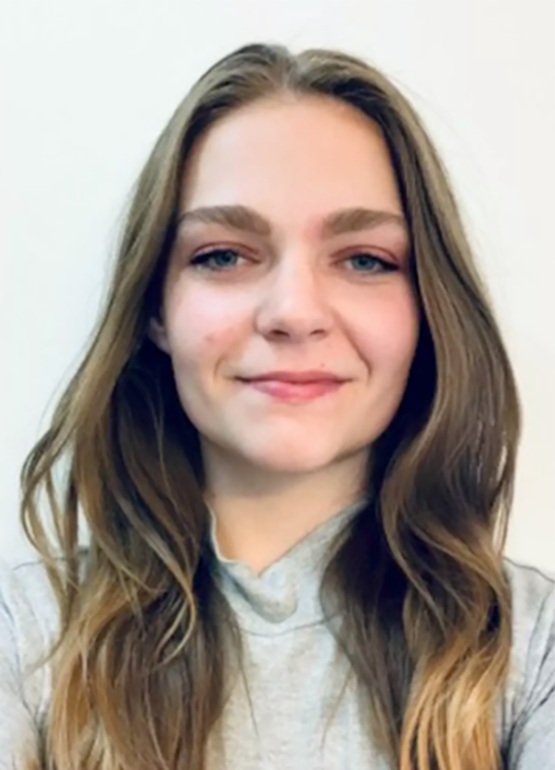Open Science - Spotlight Stories
Knowledge to Impact

Open science is just good science.
Jon Tennant
Communications Director, ScienceOpen
UCalgary recognizes the importance of open scholarship and is actively encouraging researchers to adopt the key practices of open science in pursuit for research excellence.
A key reason open science has experienced momentum is due to its potential for addressing concerns around the quality and integrity of research and the importance of trust in science. These concerns have risen over recent decades in large part due to issues with replicability of study results, transparency, and lack of inclusivity in research practices as well as fraudulent practices within the scholarly community. UNESCO’s commitment to open science addresses research excellence through the values and principles associated with inclusivity, transparency, reproducibility and accessibility.
The UCalgary community is aware of the importance of research quality, integrity and broader trust in scholarly efforts to achieve meaningful and positive impact. UCalgary is also aligned with UNESCO’s commitment to open science.
This page is a living archive of vignettes dedicated to highlighting the broad and diverse ways UCalgary researchers are embracing and incorporating open scholarship in their work.

Open Science Research Study Database
Amanda Rande
Research Coordinator in the Pediatric Onset of Neuromotor Impairments Lab (PONI),
Open Science Coordinator at the Hotchkiss Brain Institute (HBI),
University of Calgary
“We really need to collaborate and work together to make Open Science happen. There have been a lot of changes at the University of Calgary lately with open science and having so much more support is huge in getting this off the ground. I am very happy to answer any questions or talk to anyone about open science if you're struggling with finding a place for your data. I'd also like to acknowledge the HBI's Open Science Innovation Award for making our open science projects possible!” (Amanda Rande)
The Pediatric Onset of Neuromotor Impairments (PONI) lab conducts research with younger children and adolescents with cerebral palsy and other neuromotor impairments. Their study participants voiced they wanted their hard work and contributions acknowledged by sharing their data for further research. Amanda Rande is one of the research team members developing a public and registered dataset for all studies conducted in PONI lab. Steps are being made to ensure the privacy of their participants is protected for the public data set while making data reusable for future applications such as clinical research, clinical implementation and supporting rehabilitation technology development.
The PONI lab is supporting other researchers to implement open science in their labs through knowledge mobilization resources and are also creating infographics and data summaries for the public dataset to increase the speed of implementation of tested devices into clinical practice and for patients.
This open science work is support by a Hotchkiss Brain Institute Open Science Innovation Award.

Open Neuroscience Workshops Support Educational Development and Training
Dr. Alexander Lohman, PhD.
Associate Professor and Interim Head - Department of Cell Biology and Anatomy
Director - Cumming School of Medicine Optogenetics Facility
Hotchkiss Brain Institute
Alberta Children’s Hospital Research Institute
“The best things coming out in terms of knowledge creation, materials and devices are the combined efforts of many people. Open Science helps to fuel that kind of collaborative nature of how we approach our research in whichever field it may be. It's important to understand that nothing occurs in isolation and that if we really want to make advances and change, we’ve got to do that together and abide by these principles.”
Since 2023, the Cumming School of Medicine’s Optogenetics Facility (CSMOpto) has hosted annual open science workshops alternating between cutting-edge techniques in fiber photometry and miniature microscopy. These free four-day intensive workshops are designed for trainees of all levels, principal investigators and research staff to provide hands on experience in specialized techniques to visualize the brain in mice and rats for foundational science research.
Barriers have been removed for participants by eliminating workshop fees and supporting travel and accommodation costs to come to Calgary and work one-on-one with CSMOpto specialists. The first two workshops hosted almost 50 participants from across North America generating new detailed protocols that have been made open access and has increased the quality of optogenetics data being produced across multiple academic institutions.
